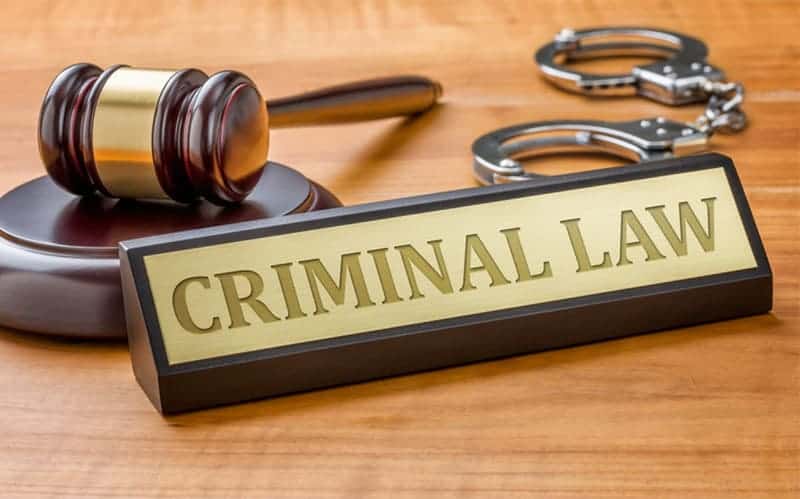Those seeking a detailed examination of Maryland criminal law may find this text invaluable. The annotated edition provides an extensive index and table of contents, and contains selected laws. It also features the list of Sections Affected by Legislation Enacted this year. Maryland’s criminal laws are constantly changing, so it’s crucial to keep up with changes to the law to ensure compliance.
Penalties for violating subsection (b)
Penalties for violating subsection (b), Maryland criminal law, can include up to two years in jail. The punishment may also include probation or suspension. Violation of subsection (b) may also lead to a fine of up to $10,000. In addition, the penalties for violating this section may include a conviction for a subsequent offender offense.
Penalties for violating subsection (b), Maryland criminal law, are harsh. For example, a person under the age of 12 cannot secretly take or harbor a child for prostitution. In addition, they cannot take the child with force or fraud.
Procedures for requesting criminal records
There are several procedures for requesting criminal records under Maryland law. The first step is to determine if a criminal record exists for the individual you wish to look up. If it does, you can submit a written notice to the court that filed or created the record. Then, the custodian of the record must decide whether or not to grant you access. If the request is denied, the custodian must inform you of the reasons for the denial, as well as the statutes that support nondisclosure.
Under Maryland law, you can request a criminal record for someone you are considering employing. However, it’s important to remember that an employer can’t ask about your criminal history in a job application or interview unless it is absolutely necessary. Depending on the type of employment you’re looking for, this information may not be relevant to the position you’re applying for.
Disclosure of records
Under Maryland law, employers who employ 15 or more people are prohibited from requiring job applicants to disclose criminal records or allegations against them. This law applies to all employers, including private individuals acting in the interest of the employer. Although the Maryland Public Information Act prohibits disclosure of records pertaining to individuals convicted of crimes, it doesn’t prohibit employers from redacting personal information.
Maryland’s PIA is similar to the Federal Freedom of Information Act, and both grant citizens broad rights to public records. Maryland’s law balances the privacy rights of citizens with the legitimate interests of government.
Costs
The costs of Maryland criminal law can be staggering, and can start to add up as soon as an individual is arrested. Bail, impound fees, lost wages, and court costs all have an immediate impact on an individual’s finances. Some people try to save money by hiring a cheap Maryland criminal lawyer, but in the long run, this may cost them far more. The consequences of a criminal conviction can be serious, and a lack of funds can lead to incarceration and heavy fines.
DUI or DWI convictions can lead to high insurance rates for years to come. These additional expenses can add up to thousands of dollars over the course of a person’s lifetime. Hiring an experienced Maryland criminal defense attorney can help you navigate these costs. These costs vary depending on the circumstances of a given case, but the average attorney’s fees range from $1,000 to $5,000.
Mental states that can affect a criminal case
There are many ways in which the defendant’s mental state can affect the outcome of a criminal case. In some cases, it may even be a determining factor. For example, if a defendant is charged with killing another person, his or her mental state can play a significant role. In other cases, there may be no crime involved at all. In these cases, a defendant may be able to fight the charge.
Mental states affect criminal cases in two primary ways. First, the prosecutor must prove that a defendant acted with a particular mental state. Second, the prosecutor may also present evidence demonstrating that the defendant had a motive. However, the motive does not need to be an element of the crime.






